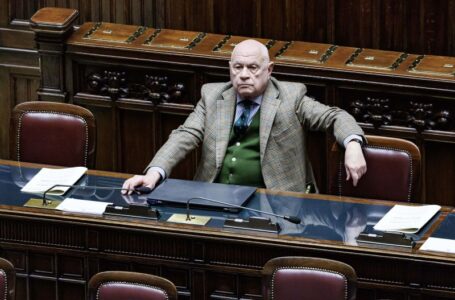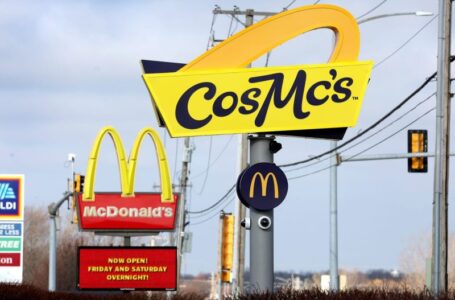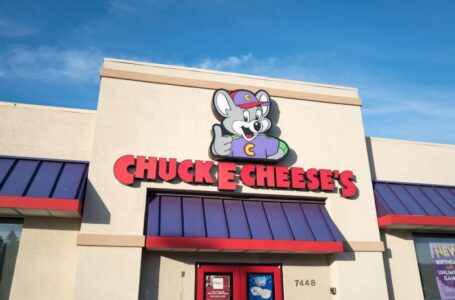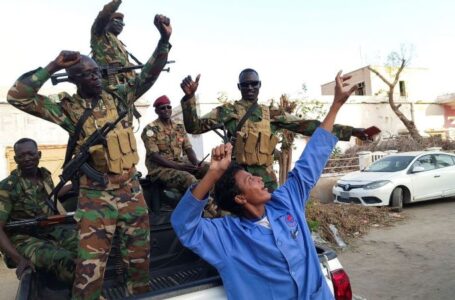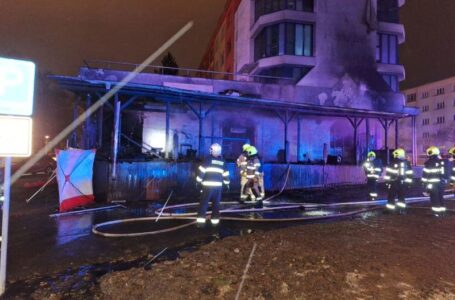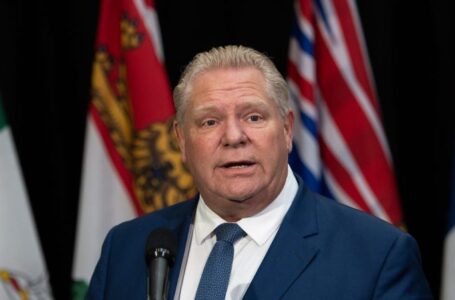Italy’s justice minister asks court to release an Iranian held on a US warrant
Flowers, socks and sparkling wine: Queen Camilla reveals some of her favorite brands


Queen Camilla has granted her first royal warrants to seven companies, including Shane Connolly, the designer behind the floral arrangements at last year’s Coronation and the King and Queen’s 2005 wedding, as well as the upmarket central London department store Fortnum & Mason.
The seven companies chosen by Camilla are among 145 previously selected by King Charles III when he was Prince of Wales, which have now had their warrants renewed following his ascent to the throne.
Royal warrants act as a stamp of approval to indicate the preferred goods and services used by the royal household and senior members of the royal family.
So, if you want to know where Charles and Camilla go hat shopping or buy their wine or organic meat from, it’s worth checking out which companies made the cut.
The use of royal warrants can be traced back to medieval times when Henry II first granted a Royal Charter to the Weavers’ Company, according to the Royal Warrants Holders Association. In the 15th century, the first official royal warrants were granted, including to the King’s printer, William Caxton.
Selected companies are given permission to use the royal coat of arms on their packaging, vehicles and advertising for five years. Today, the act of officially endorsing particular brands remains one of the last remaining powers of the British monarchy not influenced by Parliament.
Brand finance expert David Haigh says that customers are willing to pay between 12% and 24% extra for brands that have a royal warrant, according to research carried out by his consultancy last year.
They can also benefit British companies on the international stage, Haigh added. “There are plenty of situations where British brands are forging ahead in places like America, the Middle East, China, and having a royal warrant definitely helps.”
Royal warrants are given to a wide range of individuals and companies in various sectors, from agriculture and conservation to office supplies and clothing.
Other companies on the King and Queen’s latest list include Wartski, a London-based jewelry business, Corgi Hosiery Ltd, a Welsh independent sock manufacturer, and Camel Valley, a vineyard in Cornwall trusted to make sparkling wines for the royals.
“Her Majesty has taken a keen interest in the development of English wines,” said Bob Lindo, managing director of Camel Valley, adding that she has been “a terrific source of encouragement and enthusiasm.”
“To now have been appointed as one of her first warrant holders is very special,” he said.
Getting the royal seal of approval takes several years and involves a tough application process. “If you have been offering your goods to one of the royal palaces that grant these things for more than five years continuously, you are eligible to apply,” Haigh says.
This year there was a “rigorous focus on acting for a sustainable future,” according to Tom Athron, CEO of Fortnum & Mason, the luxury London-based food and drinks store which was granted one of Camilla’s first royal warrants.
Haigh has also noticed this shift towards good environmental practice. “It seems quite clear that if there are any [Environmental, Social and Governance] problems with the company, they will not get a royal warrant,” he said.
“Now that actually creates a bit of a double whammy of benefit to those companies. If someone in the royal family uses your product, they like it and they think it’s good, that’s one thing. If on the other hand they are endorsing the fact that you have high standards of ESG, in the current world, that is worth its weight in gold.”

